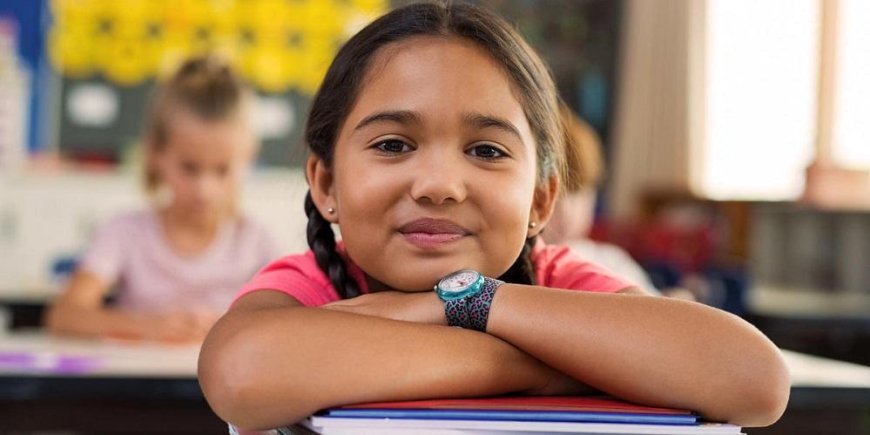A child at school is a student, not a scholar!

A child learns new things at school. He is learning things that he cannot! This should be absolutely remembered. The child is a student, not a scholar! Parents (and teachers, unfortunately, too) seem to forget about it, and this is how we perpetuate the model of the perfectionist school. The child has the right not to know and not to know - because he has not finished school and university yet! A child at school is a student.
Learning takes time, many trials, repetition and consolidation. Nothing comes quick and easy. And don't we expect our child to be like that?
Therefore, let the child learn slowly, calmly observing what is easy and what is more difficult for him. Let's try to turn science into fun - the joy of acting, learning, discovering and searching is the best that science should be associated with. Because certainly not with hard work!
The period of education from the beginning of school to its end is a very important time to consolidate educational resourcefulness. It is based on the fact that the child becomes convinced that any problem can be dealt with, that there is always a solution and that you have to try. Sometimes less, sometimes more ... The belief that we will always manage, and possibly someone kindly will help us if necessary - this is a program for life.
The child goes to school to learn many things, acquire many skills and feel more and more competent: in writing, reading, counting, and finally - understanding the world and himself. Therefore, faith in oneself and one's abilities must be preserved in it. The child does not go to school to find out that he is poor at maths and spelling!
Supporting a child's learning requires that parents and educators provide wise help:
- First: accept the fact that the child may not be able and not know (if he could and would know everything - school would be unnecessary for him),
- Second: always ask what exactly they don't understand or know (sometimes they just can't read or understand a task command),
- Third: repeat that he may not know yet, but he will learn (just like learning to walk or eat with a spoon!),
- Fourth: remember that a child learns all the time - learning does not necessarily take place at a desk and over a book.
Must Read: Primary school career counseling “ is it a fad?
You can learn:
- On a walk (by playing guesses from the multiplication table or looking for the shapes of letters in the arrangement of tree branches, you can also recite poems and measure the number of steps),
- When shopping in the store (please give me two packages of sugar and five carrots),
- Or preparing meals together in the kitchen (and here are plenty of excuses for reading recipes, counting, measuring, planning and thinking!). On spilled flour or groats, you can practice writing letters with your finger - and having fun is an additional bonus.
Learning related to daily activities "gets into your head" quickly and naturally!
Knowing that the child has your support, the child will be willing to take up various challenges and will look for an appropriate way to solve the tasks that lie ahead. After all, science is not only about answering, but also about asking questions.
